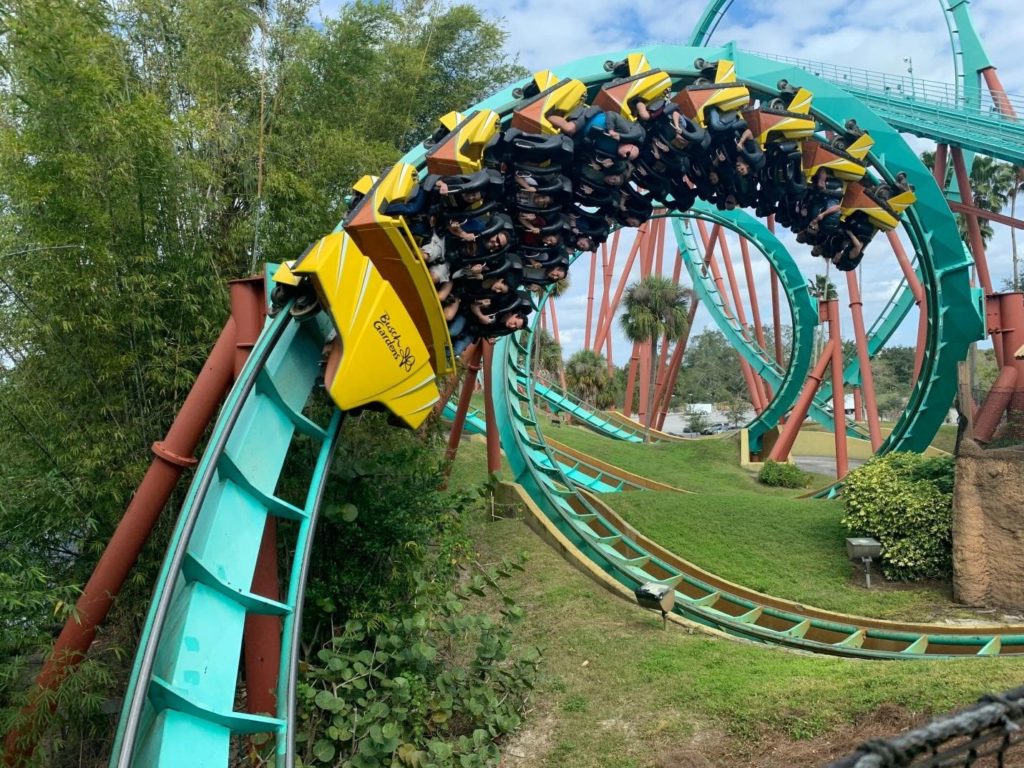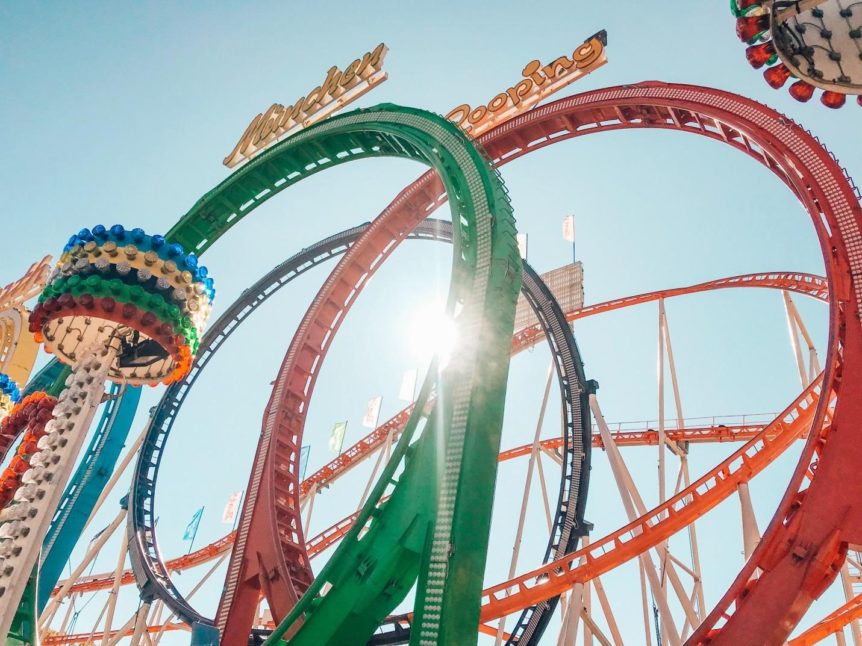It’s all fun and games at amusement parks until someone gets hurt. No one ever goes to Disney World thinking that they may require medical attention afterward.
According to statistics from the Consumer Product Safety Commission, approximately 8,800 people get injured on roller coaster rides every year. In reality, this number could be much higher since this data only accounts for people who suffered injuries that were serious enough to warrant emergency room treatment.
The real question is – who is liable in a roller coaster accident? Here’s everything you need to know.
Premises Liability Explained
If you’re involved in a theme park or amusement park accident, and you want to pursue an injury claim against the park, the laws of premises liability will usually kick-in in such scenarios. The same thing applies if you get hurt in a water park accident.
Premises liability refers to the set of laws used to determine who the at-fault party is when the use of land, buildings, or any other type of property results in an injury. These laws also apply in the context of the rides and activities that take place in amusement parks.
While the specific laws governing premises liability may vary from state to state, they all generally recognize three categories of “entrants” on the property – invitees, licensees, and trespassers. The property owner is responsible for providing different levels of “care” depending on the type of entrant in question.
Some states don’t make any distinction between the different types of entrants, instead following the rule that the owner of the property is only required to provide a “reasonable” amount of safety under the conditions.
Invitees and Trespassers
Whether or not a particular state follows the rules of premises liability, particularly those that make a distinction between the various categories of entrants, the injured plaintiffs will always fall into one of two classes – invitees or trespassers.
Invitees are individuals who were legally admitted to the property and were permitted to be there at the time of the accident. Trespassers, on the other hand, refer to people who were not legally permitted to be on the property at the time the accident occurred.
The amusement park is responsible for ensuring that all aspects of the park are maintained in safe conditions for individuals who are legally admitted to the park, either as paying customers or as people with free admission.
Duty of Care
The park has a duty of care to warn invitees of any dangerous conditions that it may be aware of. The failure to issue such a warning means that it has effectively failed to deliver on this responsibility and, as such, is considered to be in “breach of duty.”
As far as trespassing goes, the park does not owe any duty of care to individuals who are on the property illegally. If you sneak into a park for a bit of fun after it is closed, that would be considered trespassing, and the park would not be in breach of duty if you got injured in the process.
Likewise, if you were legally admitted to the park during its normal hours of operation (meaning, you were not trespassing) but ventured into an area of the park that was off-limits to the public, and you ended up getting injured, a lawsuit in this instance could go either way. Here’s how.
If there was clear signage indicating that the area was off-limits, then your claim might not hold up in court. If, on the other hand, you were not aware that the area was out of bounds when you venture there, then the park would be held to a higher duty of care. The higher duty would also apply if the park management were aware that the off-limits area was frequently used by people and did nothing to rectify the situation by the time the injury occurred.
Duty of Care on Roller Coaster Rides

Parks are required to provide a reasonable amount of safety for the foreseeable use of rides. This duty of care involves conducting frequent inspections and maintenance and providing employee supervision, safety instructions, and adequate restraints. This, however, does not automatically make the park liable if someone gets injured on a ride.
If the plaintiff disregards clear safety instructions or does something unforeseeable, the park is not in breach of duty if the individual gets injured as a result.
For instance, if an employee instructs an invitee not to extend their arms or legs unless they are within the descending cage, and the invitee gets injured when they disregard those instructions, the park would not be liable for those injuries.
Since the park also has a duty/responsibility to inspect and maintain amusement rides to ensure they are safe for the invitees, it has a high duty of care to identify and rectify any conditions that could potentially cause the ride to malfunction.
If you’re injured in a ride due to a malfunction of some sort, you could also sue the manufacturer of the ride in addition to your premises liability suit. Consult with an experienced amusement park accident lawyer to identify all the liable parties in your claim.
Worst Amusement Park Accidents
While you may not hear of too many Disney World accidents since it is the “happiest place on earth,” it doesn’t mean they don’t happen. In September 2003, for instance, one man was killed and 10 people injured while riding Big Thunder Mountain Railroad – a wildly popular ride at the park.
In the unfortunate incident, the train cars separated from each other, causing the coasters to come off their rails. Investigations into the Disney accident revealed that the employees of the park failed to follow proper maintenance protocols.
In another incident, a 4-year-old boy sustained severe injuries after he fell from the Roger Rabbit Car Toon Spin ride in September 2000. He suffered serious brain damage and extensive internal injuries. Disney and the boy’s family reached a settlement that would see the victim get medical care for the rest of his life. Unfortunately, he died eight years later following health complications.
Get Legal Help
While you should always take precautions to prevent injuries when visiting amusement parks, accidents can still happen despite your best efforts. If you or a loved one was involved in an accident at an amusement park, talk to an accident lawyer to explore all the legal options available for redress.
Do you have any legal questions for us? Chat online with a Laws101 attorney right now.
